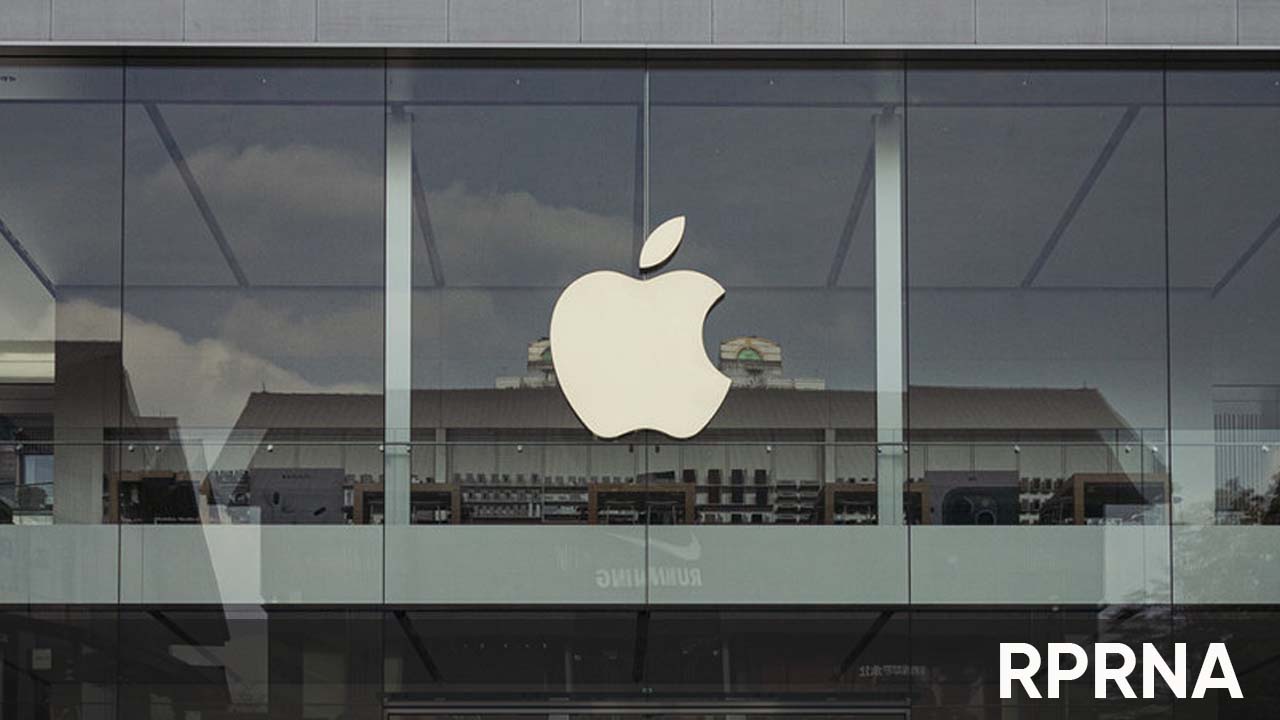Top 3 Key Points:
- Vetoed AI Bill: California Governor Gavin Newsom vetoes major AI regulatory bill, SB 1047, citing concerns over its approach.
- Need for Flexibility: Newsom argues the bill lacks flexibility and could stifle innovation without addressing real AI threats.
- Industry Impact: Companies like Apple and OpenAI could have faced delays if the bill had passed.
California Governor Blocks AI Bill Amid Industry Worries, Calls for Balanced Regulation
California, home to leading AI innovators such as Apple, recently witnessed a pivotal decision from Governor Gavin Newsom. The governor vetoed a significant AI regulatory bill, SB 1047 while acknowledging the serious threats AI could pose in the future. This decision was a relief for many tech giants who rely heavily on AI advancements.
Governor Rejects AI Bill but Stresses the Importance of Regulation
SB 1047, the bill in question, had already passed through California’s Senate and reached Governor Newsom’s desk for approval. However, instead of signing it into law, the governor opted for a veto, explaining that while AI regulation is crucial, this particular bill was flawed in its approach.
In his official veto message, Newsom expressed concerns over the rigidity of SB 1047. He explained that the bill applied strict regulations to all AI systems, regardless of the risk they posed. For example, even basic AI functions would be subject to the same stringent standards as those involving high-risk scenarios, like sensitive data or critical decision-making.
Newsom argued that this approach would not be effective in managing the real threats of AI, stating, “Adaptability is critical as we race to regulate a technology still in its infancy. This will require a delicate balance.”
Missteps in SB 1047’s Approach
A major point of contention was that SB 1047 focused on large AI systems and models, which could give the public a false sense of security. Newsom pointed out that the bill overlooked smaller, specialized AI models that could potentially be more dangerous. By regulating only the largest systems, SB 1047 might leave gaps in oversight, while at the same time stifling innovation and advancement in the tech sector.
The governor further highlighted that any regulation framework should be flexible enough to evolve alongside the rapidly changing technology. He noted that new AI models are being developed at a fast pace, and any rigid rules could easily become outdated or ineffective.
Impact on Tech Companies like Apple
Apple, a global leader in technology, has been slowly introducing its AI-driven features under its Apple Intelligence banner, with plans for new releases later this year. The vetoed bill could have slowed down Apple’s progress, along with that of other tech companies like OpenAI and Google, as they too rely on AI technology for growth and development. Had SB 1047 become law, it might have led to delays or significant changes in how these companies integrate AI into their products and services.
Apple is relatively new to the AI race compared to other companies that have been shipping AI products for years. With this veto, the company’s plans to launch new AI features remain on track without additional regulatory hurdles.
The Future of AI Regulation in California
While SB 1047 has been blocked, this doesn’t mean AI regulation in California is off the table. Governor Newsom has already signed other AI-related bills into law, signaling his commitment to regulating the technology in a way that protects the public without hindering innovation. He stressed the importance of finding the right balance between encouraging tech development and ensuring that the risks associated with AI are properly addressed.
In his veto message, Newsom outlined what he believes future AI regulations should focus on. He emphasized that regulations need to be adaptive and should account for the different risks posed by various AI models. This hints at future legislative efforts aimed at creating a more nuanced and effective approach to AI oversight.
Industry Outlook
While Newsom’s veto of SB 1047 is a significant moment, it’s not the end of the conversation about AI regulation in California. There will likely be new proposals that try to address the issues outlined by the governor. These future bills will need to strike a better balance between safeguarding the public and allowing AI innovation to continue.
For now, companies like Apple, OpenAI, and Google can breathe a sigh of relief, as they avoid immediate regulatory roadblocks. However, with AI development accelerating, it’s clear that the regulatory landscape will continue to evolve, and companies will need to stay agile in adapting to new rules and expectations.





